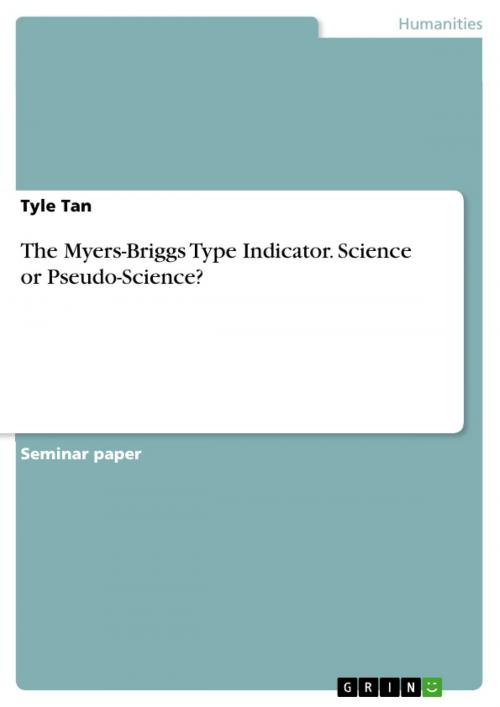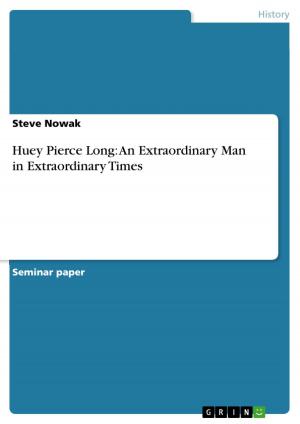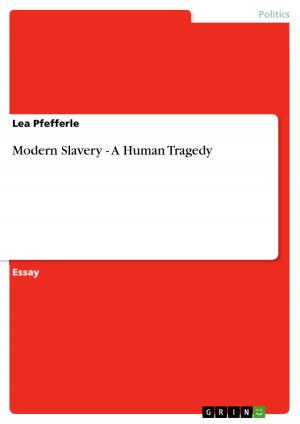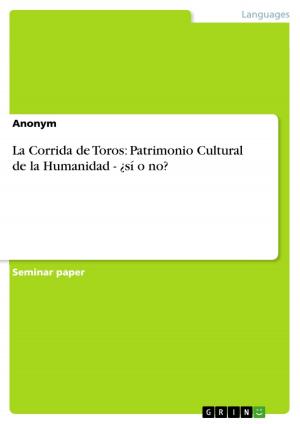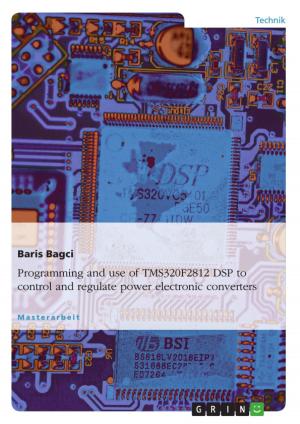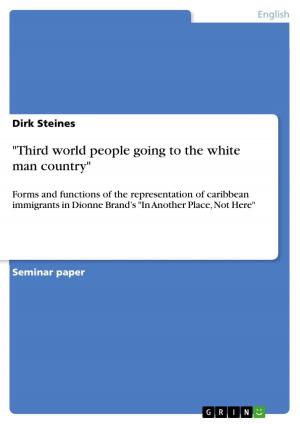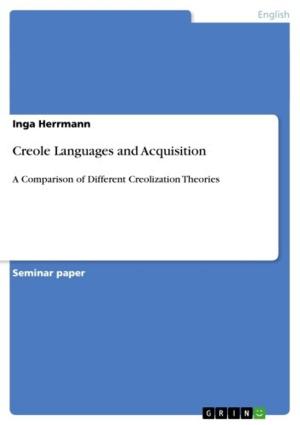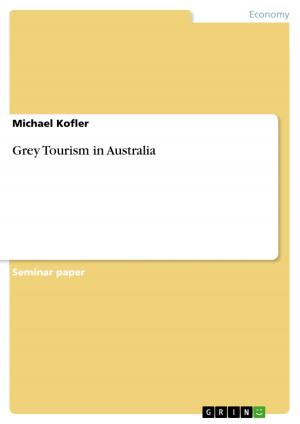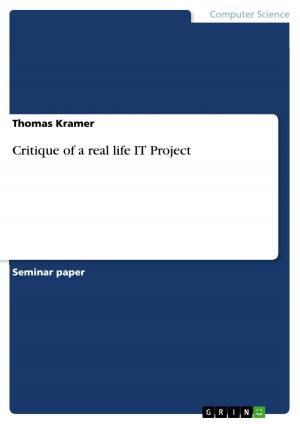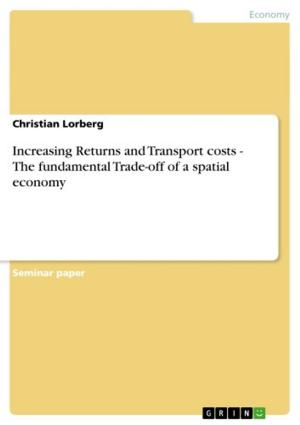The Myers-Briggs Type Indicator. Science or Pseudo-Science?
Nonfiction, Religion & Spirituality, Philosophy| Author: | Tyle Tan | ISBN: | 9783668434455 |
| Publisher: | GRIN Publishing | Publication: | April 19, 2017 |
| Imprint: | GRIN Publishing | Language: | English |
| Author: | Tyle Tan |
| ISBN: | 9783668434455 |
| Publisher: | GRIN Publishing |
| Publication: | April 19, 2017 |
| Imprint: | GRIN Publishing |
| Language: | English |
Seminar paper from the year 2016 in the subject Philosophy - Practical (Ethics, Aesthetics, Culture, Nature, Right, ...), grade: A, , language: English, abstract: The Myers-Briggs Type Indicator (MBTI) is both a theory and a self-report questionnaire designed to measure how people perceive the world based on their beliefs. Based largely on Carl Jung's psychological types and Isabel Myers Briggs's theory, it describes the various personality types in the world by compiling their beliefs, providing a meaningful description of the various types. The types would refer to a combination of functions such as Extroverted-Introverted (E-I), Intuitive-Sensing (I-S), Thinking-Feeling(T-F) and Judging-Perceiving(J-P) dichotomies , resulting in a type (e.g. ENTJ), this derived type can then be used to predict various beliefs and behaviours. It is commonly understood that these beliefs and behaviours constitute a personality. This paper investigates if the Myers and Briggs type indicator is science or pseudo science, and also investigates how such knowledge was constructed.
Seminar paper from the year 2016 in the subject Philosophy - Practical (Ethics, Aesthetics, Culture, Nature, Right, ...), grade: A, , language: English, abstract: The Myers-Briggs Type Indicator (MBTI) is both a theory and a self-report questionnaire designed to measure how people perceive the world based on their beliefs. Based largely on Carl Jung's psychological types and Isabel Myers Briggs's theory, it describes the various personality types in the world by compiling their beliefs, providing a meaningful description of the various types. The types would refer to a combination of functions such as Extroverted-Introverted (E-I), Intuitive-Sensing (I-S), Thinking-Feeling(T-F) and Judging-Perceiving(J-P) dichotomies , resulting in a type (e.g. ENTJ), this derived type can then be used to predict various beliefs and behaviours. It is commonly understood that these beliefs and behaviours constitute a personality. This paper investigates if the Myers and Briggs type indicator is science or pseudo science, and also investigates how such knowledge was constructed.
